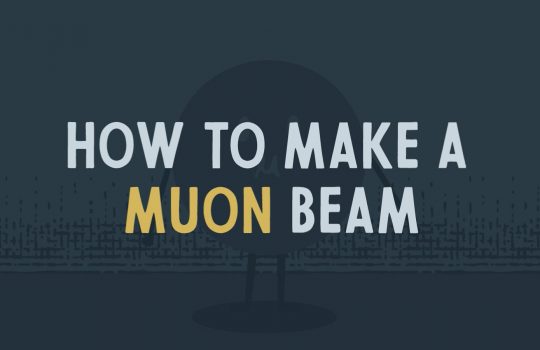Is particle physics at a dead end?
From Prospect, August 29, 2022: The LHC is back running now colliding more intense beams, generating more collisions and collecting more data to sift. Fermilab’s Muon g-2 results offered an intriguing hint about muons that the LHC can follow up on by looking for new particles directly and the behavior it should induce in particles we know about.

